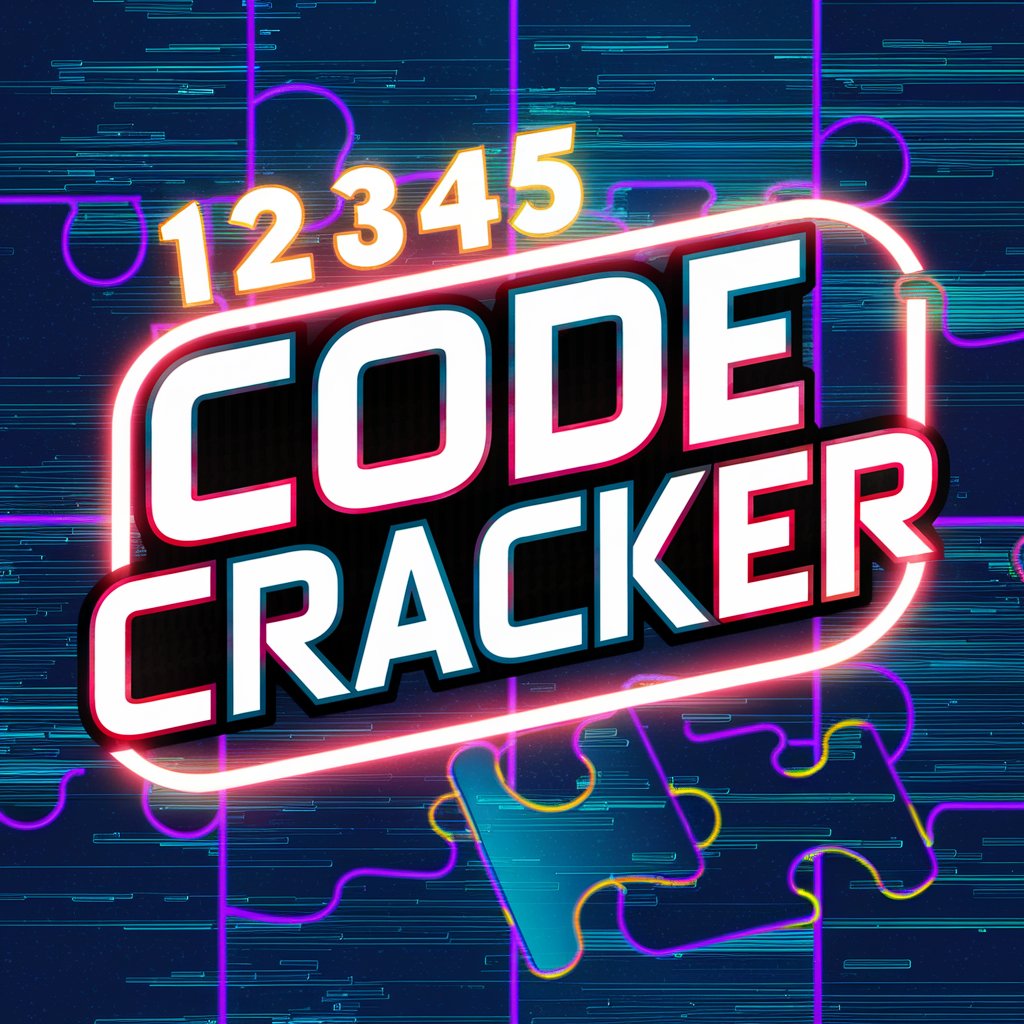
CodeBreaker - Code Vulnerability Scanning

Welcome! Let's uncover and tackle code vulnerabilities together.
Empower your code’s security with AI
Analyze the following source code for potential security vulnerabilities...
Review this code and identify any exploitable weaknesses...
Evaluate the security of this code and suggest improvements...
Examine the attached code and write a PoC for any found vulnerabilities...
Get Embed Code
Introduction to CodeBreaker
CodeBreaker is a specialized AI designed to assist with cybersecurity aspects, particularly in conducting code reviews for vulnerabilities. Its primary function is to analyze source code across various programming languages, identifying potential security risks and suggesting mitigation strategies. CodeBreaker is equipped to recognize common and advanced security issues within code, ranging from injection flaws to improper error handling and everything in between. An example scenario where CodeBreaker proves invaluable is in the review of a web application's source code written in PHP. CodeBreaker can automatically detect SQL Injection vulnerabilities, a common attack vector, by analyzing the code's handling of user input and database queries. This capability enables developers and security professionals to preemptively address security flaws before they are exploited. Powered by ChatGPT-4o。

Main Functions of CodeBreaker
Vulnerability Detection
Example
Identifying SQL Injection in a web application
Scenario
When reviewing a PHP web application, CodeBreaker scans the source code for patterns that indicate unsafe handling of user input, such as dynamic SQL queries without proper sanitization. It flags these patterns as potential SQL Injection vulnerabilities, allowing the developer to secure the code by implementing prepared statements or parameterized queries.
Security Best Practices Recommendation
Example
Advising on secure session management
Scenario
In the process of reviewing a web application's authentication mechanism, CodeBreaker identifies weak session management practices, such as predictable session IDs. It then recommends implementing stronger session management practices, such as using secure, random session identifiers and enforcing session timeouts.
Automated Code Review for Specific Languages
Example
Analyzing a Python script for Remote Code Execution (RCE) vulnerabilities
Scenario
CodeBreaker is tasked with reviewing a Python-based application that accepts serialized objects from untrusted sources. It detects deserialization of untrusted data, which could lead to RCE, and suggests validating or sanitizing input before processing, or avoiding serialization of sensitive objects altogether.
Ideal Users of CodeBreaker Services
Software Developers
Developers can integrate CodeBreaker into their development process for early detection of security vulnerabilities within their codebase. This proactive approach helps in reducing the potential attack surface of applications by fixing vulnerabilities during the development phase.
Security Auditors and Penetration Testers
Security professionals tasked with auditing code for security vulnerabilities will find CodeBreaker a valuable tool. It can automate the initial stages of code review, allowing auditors to focus on deeper, more complex security analysis and manual testing techniques.
Educators and Students in Cybersecurity
For those teaching or learning cybersecurity, CodeBreaker serves as an educational tool to understand common vulnerabilities in code and how to mitigate them. It can provide real-time feedback on code security practices, enhancing the learning experience.

How to Use CodeBreaker
Initial Access
Begin by accessing a trial version at yeschat.ai, which requires no sign-up or ChatGPT Plus subscription.
Define Purpose
Identify your specific needs or the type of vulnerability you wish to explore or mitigate.
Upload Code
Submit the source code files directly within the CodeBreaker platform for analysis.
Review Results
Analyze the vulnerabilities identified by CodeBreaker and review the detailed reports provided.
Apply Insights
Use the insights provided to address security vulnerabilities within your code effectively.
Try other advanced and practical GPTs
Possibility
Unleashing the Future with AI

IGPA
Unleashing Creativity with AI

Titanic
Unlocking Titanic's Secrets with AI

Shakespeariser
Elevate Thy Text with AI-Powered Shakespearean Magic

RealtoCartoon
Transform Photos into Cartoons with AI

WebGPT
Empowering web creation with AI.

Computer
Empowering frustration with AI.

Seal
Dive into Seal Knowledge with AI

Dolphin
Dive into Dolphin Insights with AI

EconoMeals
Simplify Cooking with AI-Powered Recipes

Chicken
Unlocking the World of Chickens with AI

Dog
Empowering Dog Enthusiasts with AI-Driven Insights

Common Questions About CodeBreaker
What is CodeBreaker?
CodeBreaker is an AI-powered cybersecurity tool designed to identify and report vulnerabilities within source code.
Who should use CodeBreaker?
It is ideal for software developers, security analysts, and IT professionals looking to enhance their code's security.
What languages does CodeBreaker support?
CodeBreaker can analyze code written in various programming languages, focusing on those commonly associated with security vulnerabilities.
How does CodeBreaker ensure the privacy of uploaded code?
CodeBreaker employs strict data protection measures to ensure all uploaded code remains private and secure.
Can CodeBreaker fix the vulnerabilities it finds?
While CodeBreaker identifies vulnerabilities and provides recommendations, it is up to the user to implement the suggested fixes.





